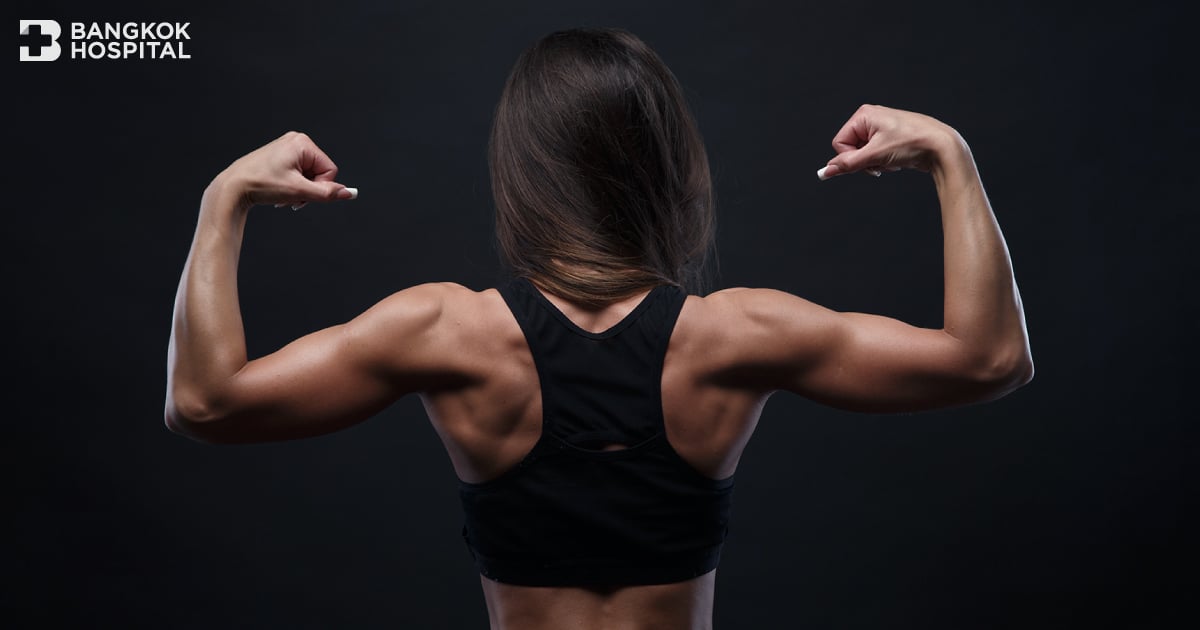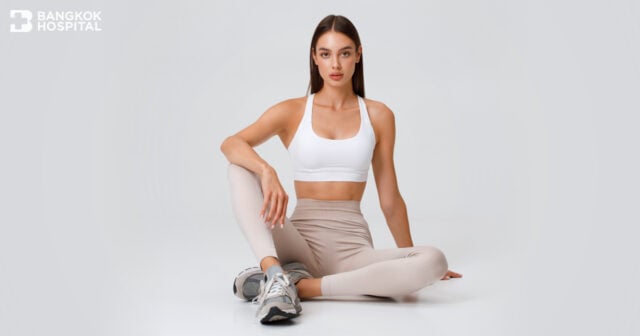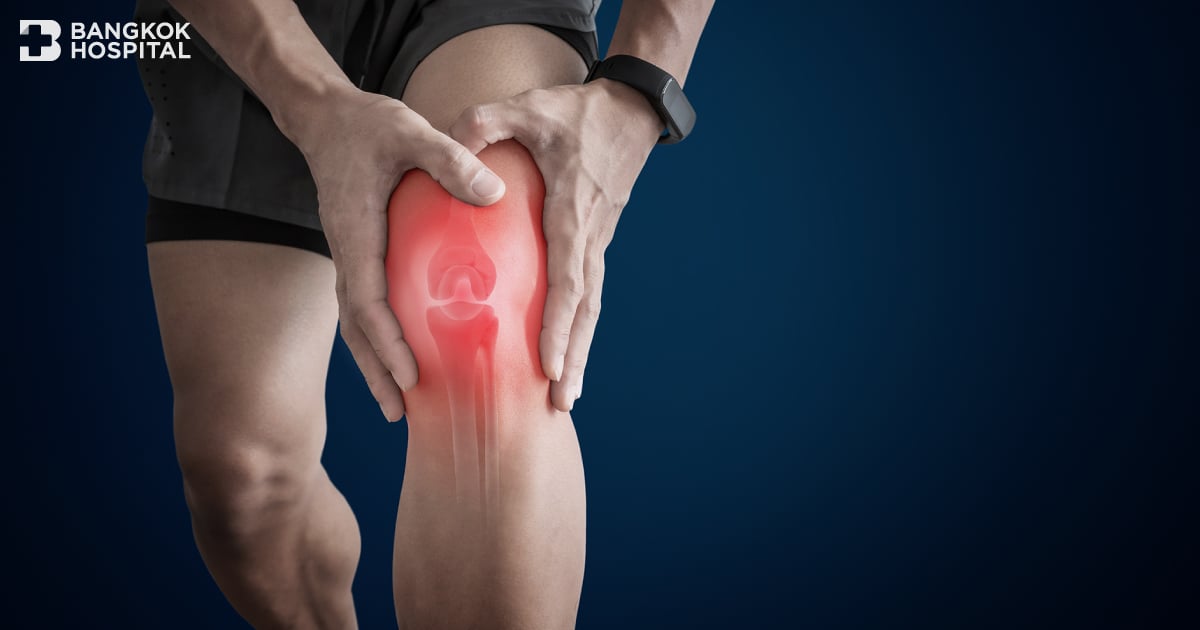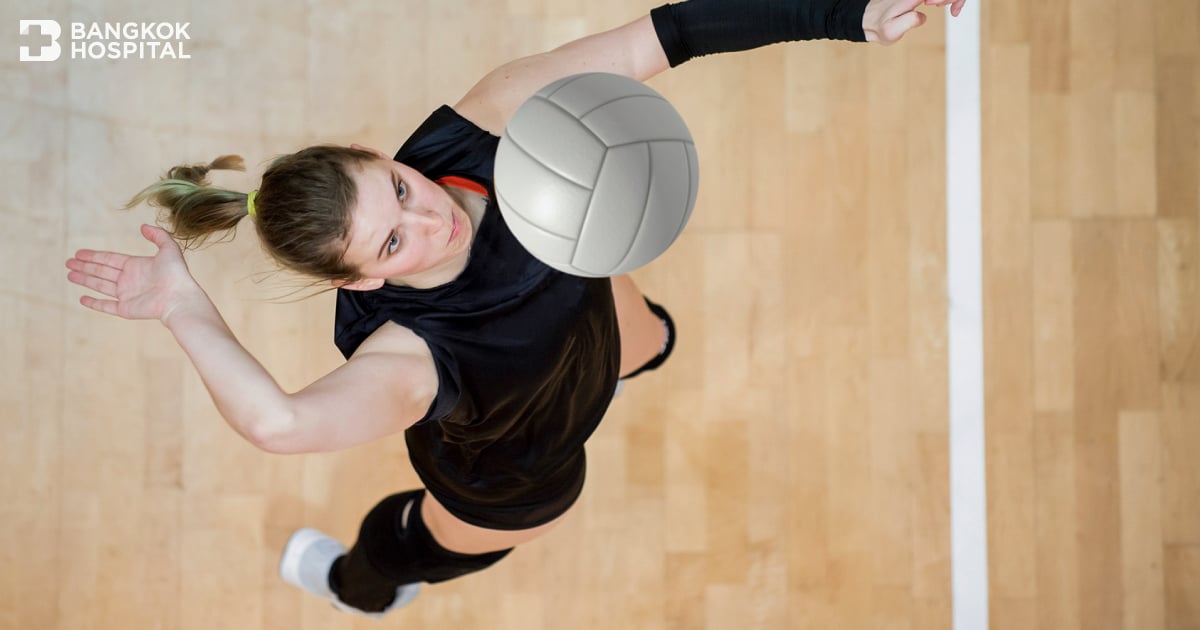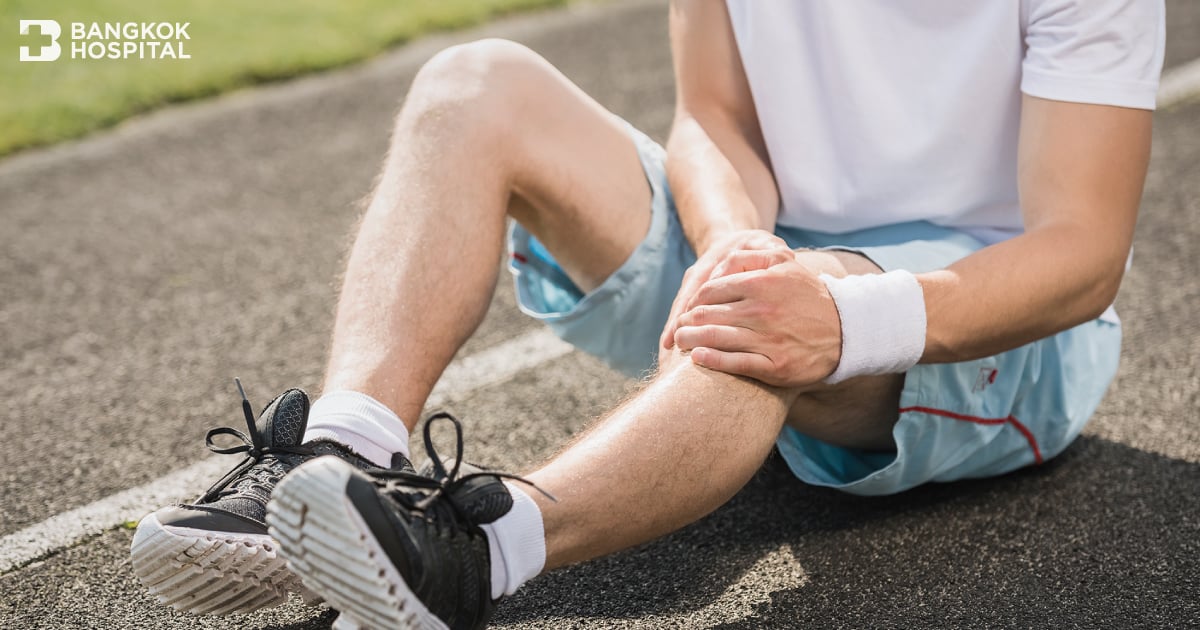Getting to Know the Handcycle
Handcycle (Arm Ergo – Meter) is a device used for aerobic exercise. It works similarly to a typical bicycle, but uses the hands instead of the legs to pedal. Exercising with a handcycle is done in a sitting position, gripping the handles and exerting effort in the same direction as pedaling a bicycle. It is a low-impact exercise that utilizes the muscles of the arms, elbows, shoulders, and upper back without putting any weight on the legs.
Who is the Handcycle Suitable For?
The handcycle is suitable for people with the following characteristics:
-
Injuries to the legs that prevent movement or bearing weight (standing, walking)
-
Patients paralyzed from spinal cord injuries
-
Elderly individuals with poor balance or severe degenerative conditions that make standing or walking unstable, such as severe knee degeneration
-
Patients with neurological disorders that prevent stable standing and walking
-
Certain athletes, such as swimmers, to strengthen the upper body
-
Patients with severe arthritis
-
Severely obese individuals
-
Patients recovering from heart or lung diseases
Benefits of the Handcycle
-
Improves cardiovascular endurance. It is recommended to cycle for at least 20 – 30 minutes, 3 – 5 days per week. The speed of cycling should be about 50 rotations per minute (RPM), consistently throughout the session. The resistance can be adjusted as appropriate.
-
Helps burn calories, reduce weight, and fat
-
Maintains the fitness level of injured athletes
-
Used to measure oxygen consumption (Oxygen Consumption) or aerobic capacity to determine fitness levels or to measure the maximum ability of oxygen usage, which reflects the endurance performance of the cardiovascular system

